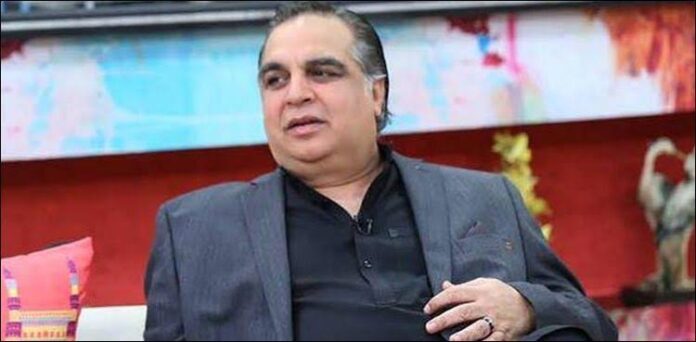KARACHI: The 10th International Women Leaders Summit had its inaugural dinner at the Sindh Governor’s House in Karachi on Wednesday.
The event, sponsored in part by the World Bank and the Pakistan Women Entreprenuer Network for Trade (WE-NET) was a celebration of women leadership and empowerment in Pakistan in the last decade.
This year, the speakers included women such as Yamsin Hyder, the CEO of New World Concepts, the company that organizes the event each year, and the Her Highness Shaikha Hind bint Salman AlKhalifa, who is President of the Bahrain International Federation of Business.
Another speaker included this year was the 33rd Governor of Sindh, Imran Ismail, who intended to be well-meaning, but came off as awkward at best, and tone-deaf at worst.
The Governor, who walked in late, first apologized for his tardiness by explaining that he had been hunting all day in Tando Jam, Sindh. After lamenting that he had not been able to shoot even one duck, he then went on to address a gathering of accomplished female entrepreneurs about his observations on the nature of women.
“In my school days, I found girls have also been more dedicated, while boys have always been more into ‘fun things’”, he remarked. He then added that as governor he also serves as the chancellor of several universities, and said that “at least 80% of university graduates [in Pakistan] are girls”.
Governor Ismail also said that men should “appreciate the brilliant, talented and good minds” of women, and to let them become doctors, engineers or IT specialists.
According to the governor, women should just be allowed to “do their thing”. He noted that in the USA and Europe, women often work better than men. “So why not here?” he asked.
He ended his speech by saying, “Don’t feel bad if your wife or sister earns more than you. It’s ok, it happens.”
The well-meaning but clumsy speech surprised many female entrepreneurs in attendance, particularly given the mildly serious nature of the event.
One female businesswoman (who did not wish to be named) remarked that at this rate it would have been better if she had been appointed the Governor of Sindh instead.
Other men who spoke at the event included World Bank Country Director for Pakistan, Illango Patchamuthu, who applauded the many men who have stood by women who achieved global recognition in business.
He also said that there is potential for increased female participation in different sectors of Pakistan, highlighting tourism as one, and the livestock industry as another.
Yasmin Hyder, the President of WE-NET, said that she had started this women’s leaders summit primarily because she was tired of the lack of representation of Pakistani women in business conferences abroad.
“I wanted to create a global network of women like myself that would benefit from these connections,” she said. She noted that the participation rate of Pakistani women in the workforce a decade ago was 21pc; it is now at 26pc. “That’s not significant progress, but it is progress.”
Special Recognition Awards were handed out at the inaugural dinner to prominent Pakistani leaders. These included Maheen Khan, Chairperson of the Fashion Council Pakistan; Sadiqa Tayebaly, CEO of Taali, Ronak Lakhani, Chairperson of the Special Olympics of Pakistan, Commander Gulnaz Ahmed, of the Pakistan Army Medical Corps, and Nausheen Leghari, CEO of Links School System.




